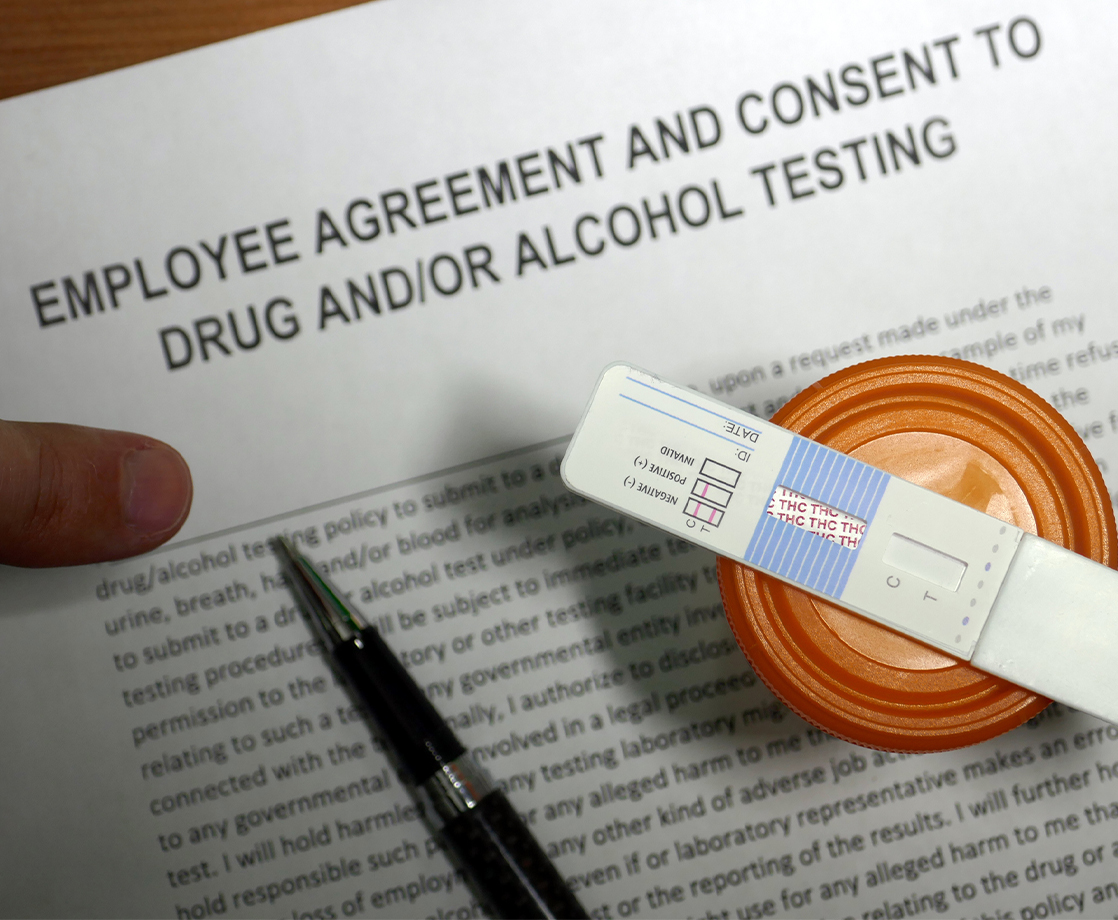As of January 1st, cannabis is completely legal in Illinois, with long lines at dispensaries across the state and millions worth of product already changing hands. But when it comes to employee drug testing, the Prairie State is still stuck in prohibition’s past.
According to a new deep dive from the Chicago Tribune, a lack of employee protections in Illinois’ legal weed laws have left businesses and laborers in limbo. Illinois adults can use cannabis off the clock, but under the state’s 2019 legalization law, employers are still legally allowed to drug test prospective hires, and can still implement random marijuana tests on current staff.
“It really has left almost every Illinois employer in somewhat of a quandary about what they can and should be doing in terms of drug testing, and what they can and should be doing with a positive marijuana result,” Julie Stahr, a partner in labor and employment law at Schiff Hardin in Chicago, told the Tribune.
A number of states and municipalities with legal weed laws have created specific workplace drug testing protections that restrict employment discrimination against pot consumers and medical patients. Illinois has added no such stipulations, instead opting for cagey legal language that allows employers to execute “reasonable drug and alcohol testing” as part of a “reasonable workplace drug policy.” Of course, the law does not outline any clear definition of the term “reasonable.”
“The tension is if an employer decides to withdraw an offer of employment or terminate someone based solely on a positive marijuana test, without any additional signs of impairment, I think that leaves room for a question about whether they’re taking action based on someone’s lawful use of marijuana while they’re [off] duty,” Stahr said, adding, “What’s reasonable to you might be different than what’s reasonable to me.”
With no firm law on the books dictating proper protocol for how to handle off-the-clock legal cannabis consumption, a number of Illinois companies are simply carrying on with business as usual, just as they did before legalization went into effect. But on the flip side, some businesses are making sure to adjust any substance policy to bring cannabis rules in line with alcohol, so as to attract as many qualified prospective hires as possible, as well as to avoid the possibility of a potential discrimination or wrongful termination lawsuit.
“Human resource professionals in Illinois will have their hands full with ensuring their policies are consistent with the new legislation and are nondiscriminatory,” Becky Krueger, director of the Illinois Society for Human Resource Management State Council, told the Tribune.
Follow Zach Harris on Twitter











